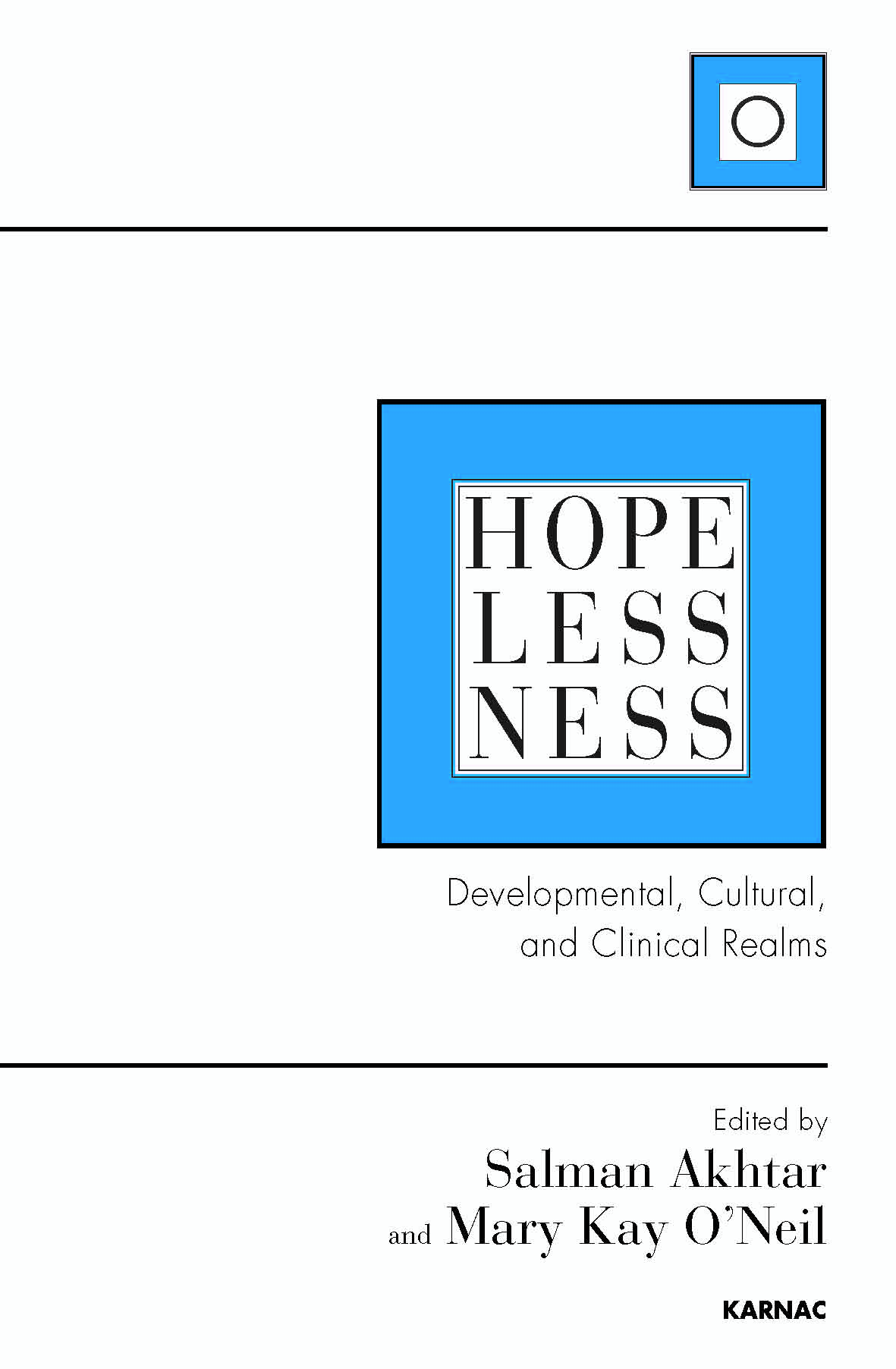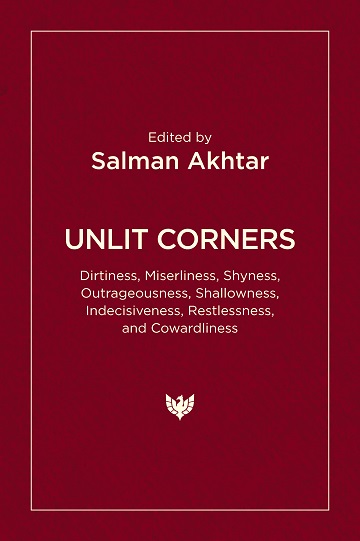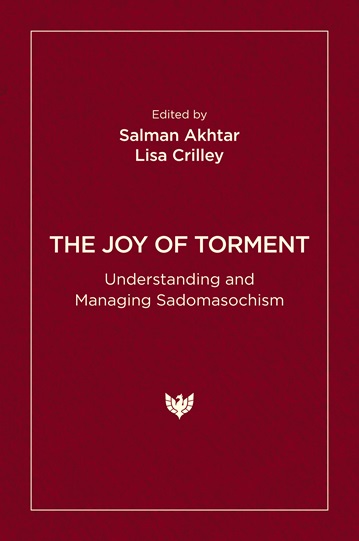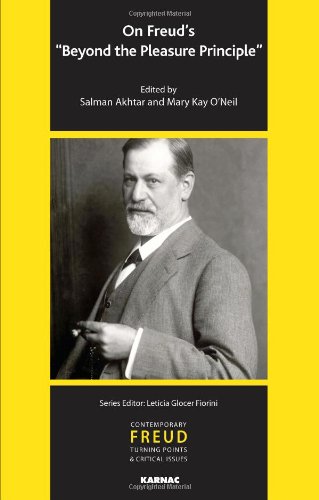Hopelessness: Developmental, Cultural, and Clinical Realms

Book Details
- Publisher : Routledge
- Published : January 2015
- Cover : Paperback
- Pages : 256
- Category :
Psychoanalysis - Catalogue No : 36716
- ISBN 13 : 9781782202585
- ISBN 10 : 1782202587
Also by Salman Akhtar
Also by Mary Kay O'Neil
There are currently no reviews
Be the first to review
Hope is the most reliable sustainer of life. It offers the promise of something good in the future, contributes to resilience, and keeps one going. However, there are circumstances when hope dries up. This book seeks to map out such dark terrain of hopelessness. While it allows for the fact that a modicum of hopelessness might help in reducing infantile omnipotence and curtailing fixation on unrealistic goals, its focus is upon severe and clinically significant shades of hopelessness. The book opens with a broad overview of the nature, developmental origins, and technical implications of hope and hopelessness, and closes with a thoughtful summary, synthesis, and critique of the intervening essays; this summary forges both theoretically and technically significant links between the experiences of helplessness and hopelessness. Sandwiched between these opening and closing commentaries are nine essays which address the ontogenetic trajectory, phenomenological variations, cultural and literary portrayals, and clinical ramifications of sustained hopelessness. Together, these essays provide an opportunity for the readers to enrich their knowledge base, deepen their empathy with patients struggling with despair, and sharpen their therapeutic skills in this painful realm of clinical practice.
Reviews and Endorsements
‘This book fills a lacuna in the psychoanalytic literature that has existed, presumably, because hopelessness is one of the most unbearable feelings human beings endure. Drs Akhtar and O’Neil, together with their outstanding contributors, have met that challenge courageously. With the help of numerous clinical examples, they offer the reader a theoretical, developmental, and technical approach to hopelessness. In addition, the book offers helpful perspectives from literature and cinema illustrating the universality of hopelessness. I found of particular value their insightful discussions about pathological optimism as a defense against hopelessness, the relationship between helplessness and hopelessness, and how frenetic desire can be an expression of hopelessness. Every clinician’s library will be enriched by this book.’
— Axel Hoffer, MD, Training and Supervising Analyst, Boston Psychoanalytic Society and Institute
‘Contending with hopelessness can, at times, lead to the creation of improbable and novel life alternatives that only the good fortunes of a depressive position can allow. More often, lasting despair results in psychic collapse or narcissistic retreat into a schizoid cloister of myth, magic, and distorted mentation. Such dark reaches of human experience form the topic of this book. Searching, informative, and moving essays by distinguished contributors shed light on the myriad phenomena associated with hopelessness that pose both clinical and existential challenges for all of us. Reading them greatly enhances therapeutic empathy for despondent and despairing individuals.’
— M. Hossein Etezady, MD, Faculty member, The Psychoanalytic Center of Philadelphia
About the Editor(s)
Salman Akhtar, MD, is professor of psychiatry at Jefferson Medical College and a training and supervising analyst at the Psychoanalytic Center of Philadelphia. He has served on the editorial boards of the International Journal of Psychoanalysis and the Journal of the American Psychoanalytic Association. His more than 450 publications include twenty-three solo authored books – Broken Structures (1992), Quest for Answers (1995), Inner Torment (1999), Immigration and Identity (1999), New Clinical Realms (2003), Objects of Our Desire (2005), Regarding Others (2007), Turning Points in Dynamic Psychotherapy (2009), The Damaged Core (2009), Comprehensive Dictionary of Psychoanalysis (2009), Immigration and Acculturation (2011), Matters of Life and Death (2011), Psychoanalytic Listening (2013), Good Stuff (2013), Sources of Suffering (2014), No Holds Barred (2016), A Web of Sorrow (2017), Mind, Culture, and Global Unrest (2018), Silent Virtues (2019), Tales of Transformation (2022), In Leaps and Bounds (2022), and In Short (2024) – as well as sixty-nine edited or coedited volumes in psychiatry and psychoanalysis. Dr. Akhtar has delivered many prestigious addresses and lectures including, most significantly, the inaugural address at the first IPA-Asia Congress in Beijing, China (2010). Dr. Akhtar is the recipient of the Journal of the American Psychoanalytic Association’s Best Paper of the Year Award (1995), the Margaret Mahler Literature Prize (1996), the American Society of Psychoanalytic Physicians’ Sigmund Freud Award (2000), the American College of Psychoanalysts’ Laughlin Award (2003), the American Psychoanalytic Association’s Edith Sabshin Award (2000), Columbia University’s Robert Liebert Award for Distinguished Contributions to Applied Psychoanalysis (2004), the American Psychiatric Association’s Kun Po Soo Award (2004), the Irma Bland Award for being the Outstanding Teacher of Psychiatric Residents in the country (2005), and the Nancy Roeske Award (2012). He received the Sigourney Award (2013), which is the most prestigious honor in the field of psychoanalysis. Dr. Akhtar is an internationally sought speaker and teacher, and his books have been translated in many languages, including German, Turkish, and Romanian. His interests are wide and he has served as the film review editor for the International Journal of Psychoanalysis, and is currently serving as the book review editor for the International Journal of Applied Psychoanalytic Studies. He has published eighteen collections of poetry and serves as a scholar-in-residence at the Inter-Act Theatre Company in Philadelphia. His Selected Papers (Vols I–X) were recently published and released at a festive event held at the Freud House & Museum in London.
Mary Kay O'Neil, a Supervising and Training Analyst of the Canadian Institute of Psychoanalysis, is in private practice in Montreal, Quebec. Currently, she is Associate Director of the Canadian Institute of Psychoanalysis (Quebec, English). She completed her PhD at the University of Toronto, where she was on the staff at the University of Toronto Psychiatric Service and Assistant Professor in the Department of Psychiatry. She is author of The Unsung Psychoanalyst: The Quiet Influence of Ruth Easser and co-editor of Confidentiality: Ethical Perspectives and Clinical Dilemmas. Her research and publications include articles in areas such as depression and young adult development, emotional needs of sole-support mothers and their children, post-analytic contact between analyst and analysand, and psychoanalytic ethics. She has served on psychoanalytic ethics committees at local, national, and international levels; as a reviewer for JAPA, the Canadian Journal of Psychoanalysis; and, currently, on the North American Editorial Board of the International Journal of Psychoanalysis.
Customer Reviews
Our customers have not yet reviewed this title. Be the first add your own review for this title.
You may also like
Emerging Adults in Therapy: How to Strengthen Your Clinical Competency
Zachary Aaron Kahn
Price £19.79
save £2.20










